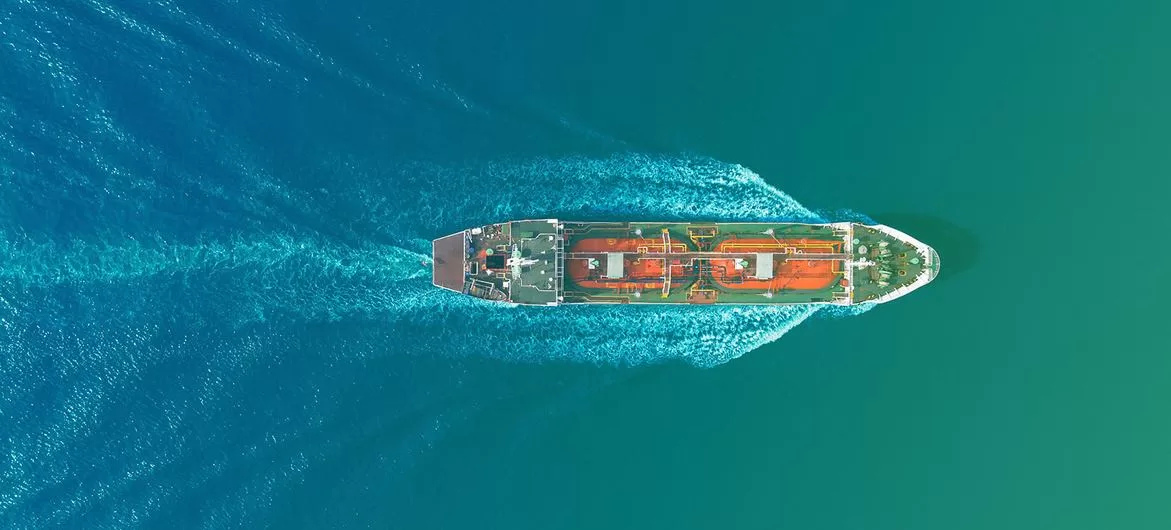
LONDON, October 17 (WSH) — Negotiations at the International Maritime Organization (IMO) to finalize a landmark framework for cutting greenhouse gas emissions from global shipping ended in deadlock Friday, with member states agreeing to postpone a decision for another year amid sharp divisions over the proposed Net-Zero Framework.
The IMO’s Marine Environment Protection Committee (MEPC) adjourned its extraordinary session in London after failing to reach consensus on key provisions, including a proposed global fuel standard and carbon pricing mechanism aimed at aligning the shipping industry with the 2050 net-zero emissions target.
If adopted, the framework would represent the first legally binding global system to curb maritime emissions, which account for nearly three percent of total global greenhouse gas emissions.
A Fractured Negotiation
The draft text, initially endorsed in principle in April, sought to amend the MARPOL treaty to include emissions pricing and mandatory fuel standards for vessels. However, several major economies—reportedly including the United States—objected to the pricing plan, warning it could operate as a “carbon tax” and increase shipping costs by over 10 percent.
Despite the impasse, IMO Secretary-General Arsenio Dominguez urged delegates to remain engaged, calling the outcome “a moment for reflection, not celebration.”
“Even though you have differences of opinion, you all spoke in support of the work of this Organization,” Dominguez told delegates. “There are no winners or losers in this session. Let us learn from it and return ready to take the next steps toward the goals agreed in the 2023 GHG strategy.”
UN Calls It a ‘Missed Opportunity’
At UN Headquarters in New York, spokesperson Stéphane Dujarric said Secretary-General António Guterres viewed the delay as “a missed opportunity for Member States to place the shipping sector on a clear and credible path towards net-zero emissions.”
“Decarbonizing maritime transport—responsible for roughly 80 percent of global trade—is critical,” Dujarric stressed, noting that shipping remains one of the last major sectors without a comprehensive emissions-reduction regime.
Next Steps
The IMO confirmed that a technical working group on emissions will convene next week to continue developing implementation guidelines for the stalled framework, with the aim of presenting revised proposals at the MEPC’s reconvened session in 2026.
Despite the setback, observers say the delay underscores the political and economic complexities of decarbonizing an industry central to global trade but deeply dependent on fossil fuels.



